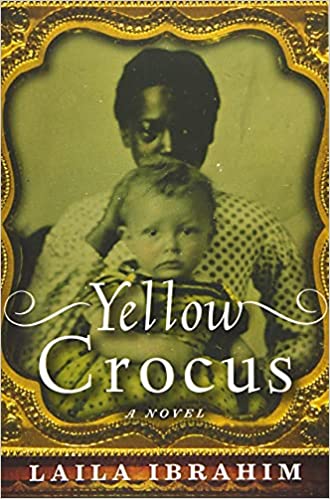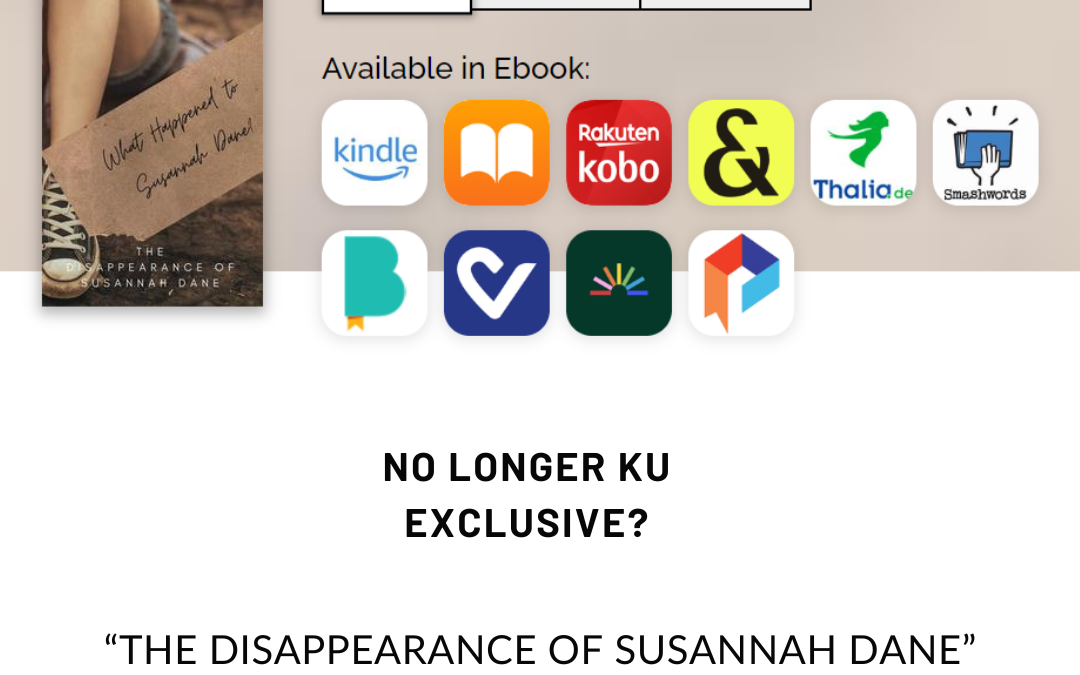This review comes after having read Ibrahim’s other novel, Paper Wife, and the novel Yellow Wife by Sadeqa Johnson, which takes place in the same time period. I think it is the product of Amazon’s algorithms working on me. because this was a suggested read after those two! I actually purchased the paperback for this one, while the other two were audiobooks. I tend to read only non-fiction books in paperback (so I can mark them up) but I had a feeling I would like this one enough to want it on my shelf and I was right.
I have been really enjoying historical fiction lately. I think because of the current political climate (and social climate in general) it is nice to read about people who endured difficult things and know that life kept on going in spite of it. Maybe it is the comfort of knowing that people have survived far worse than what goes on today, so we can find the strength to keep going.
Yellow Crocus by Laila Ibrahim
Title: Yellow Crocus
Author: Laila Ibrahim
Book Description:
Moments after Lisbeth is born, she’s taken from her mother and handed over to an enslaved wet nurse, Mattie, a young mother separated from her own infant son in order to care for her tiny charge. Thus begins an intense relationship that will shape both of their lives for decades to come. Though Lisbeth leads a life of privilege, she finds nothing but loneliness in the company of her overwhelmed mother and her distant, slave-owning father. As she grows older, Mattie becomes more like family to Lisbeth than her own kin and the girl’s visits to the slaves’ quarters―and their lively and loving community―bring them closer together than ever. But can two women in such disparate circumstances form a bond like theirs without consequence? This deeply moving tale of unlikely love traces the journey of these very different women as each searches for freedom and dignity.

In this case, Yellow Crocus highlights the challenges of a young enslaved woman named Mattie who is forced into being a wet nurse just three months after her own baby is born. She must abandon him to care for this new baby in the “big house” and endure all the heartbreak that comes with it. I will admit that while I knew that this occurred, I had never read a story that directly expressed how that would be for both the wet nurse and the child that is raised that way.
This story is written well. It was much less violent than Yellow Wife was, so in that way, it felt more like fiction. I had a feeling that at the end, both characters would end up okay. In some ways, I appreciated this because I don’t like much graphic violence in books and it can make it difficult for me to finish a novel but it also doesn’t really accurately portray what life was like. While there are mentions of violence and one scene with a bloody beating, it does not go into the detail that many books from this era do. You might like that or feel that it is not historically accurate, depending on your preference! I enjoyed reading both novels which have widely different tones. Some other reviews stated that slavery is romanticized in this book and to some level, I agree. But I think it is up to the reader to read between the lines. The shock here comes not from the violence but from how acceptable it is to treat humans worse than you would treat animals.
The girl, named Lisbeth, grows up throughout the book. When Lisbeth is a young girl, Mattie and her new baby escape the plantation and head to Ohio where her husband and older son are living. Lisbeth is devastated to have the woman who has played the mother role in her life leave, meanwhile for Mattie it means seeing her son and husband again. It was interesting to read about the Underground Railroad and I felt relieved that Mattie made it there safely. Though in real life, I don’t think it was often that easy. No one dies on her way to Ohio and no one seemingly chases after them. However, Mattie’s infant daughter, Jordan, suffers from severe dehydration and exhaustion and I was anxious about her. Thankfully, both of them survive and Mattie is able to live with her family in Ohio as a free woman.
We also follow along with Lisbeth until she is old enough to get married and we see her go through all the Pride and Prejudice style dances and courtships. Then *spoiler alert* she witnesses the man she is betrothed to sleeping with a child, a young enslaved girl, and the callous attitudes of all around them spur Lisbeth to reject the marriage. It is the knowledge that so many of the white men around her have raped young enslaved girls that she chooses to leave her way of life. She ends up marrying an abolitionist and moving to Ohio, where she once again meets Mattie and her family. Mattie serves as her midwife and while they did not spend time together socially, both were comforted knowing the other person had made it to their own version of freedom.
I really loved Lisbeth’s husband, Matthew, who is a man of somewhat modern sensibilities. I did have to laugh at how they kept referring to their four-bedroom home with acreage and a wrap-around porch and sun porch as a “modest home” and he worried if Lisbeth could ever be comfortable in such meager offerings. Meanwhile, I think most people today would be overjoyed to have such opportunities!
I wish we had spent more time with Lisbeth as she learned to take care of herself. Presumably, she would need to learn to cook and clean and care for her home and all other life tasks now that she didn’t have someone else to do it for her. The book is somewhat short and doesn’t go into depth on this. In the epilogue, there is a scene with Lisbeth and her now seven-year-old son, so we can assume that she didn’t have more children after his difficult birth (or had them much later.) Since Lisbeth spent so much of the book spoiled and unable to care for herself, it would have been nice to see her develop in that way, as we did as we watched her grow a moral compass. I also wondered what role Lisbeth served, presumably as a housewife, but did she develop hobbies or interests after she no longer was forced to live her mother’s version of life?
I also found it odd that baby Jack, Lisbeth’s younger brother, is portrayed as a villain from the moment he is born. Mattie refuses to be his wet nurse and from then on we only see him as this cruel monster of a child (and later a man.) I didn’t quite understand why Lisbeth would have zero influence on him, since they are siblings, and instead, they are living parallel lives. I have sympathy for why Mattie would feel resentful giving up Lisbeth to nurse another new baby, but I didn’t quite understand why she hated Jack and not the parents who put her in that situation. I guess it bothered me to see the comparison that Lisbeth was somehow forgiven for her doing the same exact thing to Mattie (taking her away from her son) and there was no compassion for Jack, who just became this standard villain archetype.
If you enjoy reading historical fiction, I think you will enjoy yet another novel from Laila Ibrahim.





0 Comments